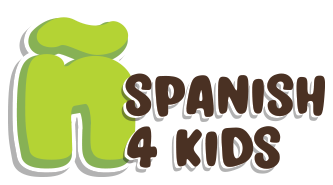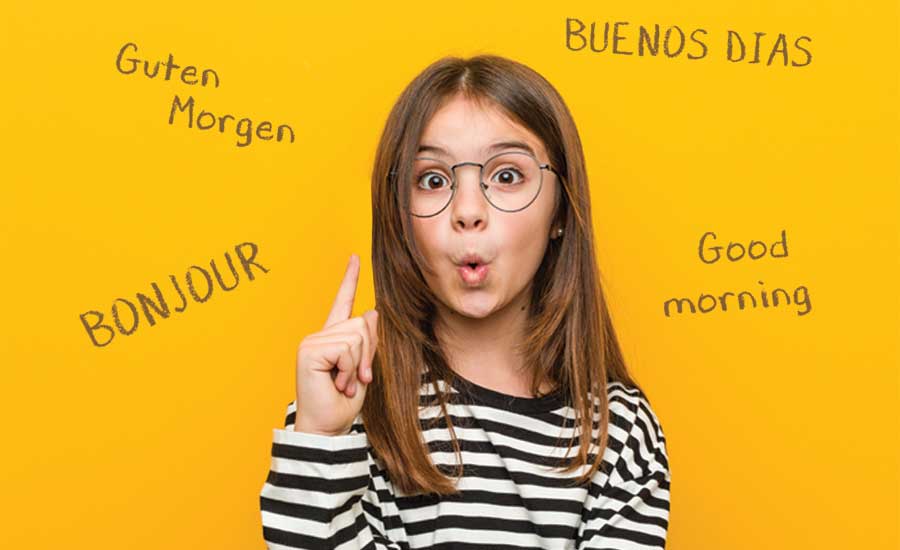Exposure to two languages presents an invaluable opportunity, fostering not only linguistic prowess but also cultural enrichment. Language serves as a conduit for cultural expression, embodying values, customs, and historical narratives. Mastery of a language entails more than linguistic proficiency; it entails a deep-seated connection to the culture from which it emanates. Bilingualism, while biologically advantageous for cognitive development, does not inherently equate to heightened intelligence.
Maintaining a delicate balance between two languages is crucial. Numerous studies have explored the cognitive disparities between monolingual and bilingual individuals. Bilingualism confers advantages such as enhanced concentration, cognitive flexibility, and rational decision-making. Yet, bilingual individuals may grapple with lexical retrieval, experiencing occasional word-finding difficulties due to the dynamic nature of language switching.
Pronunciation presents another facet of bilingualism. While children possess a remarkable capacity to acquire multiple languages simultaneously, adults may struggle to attain native-like pronunciation. The phonetic articulatory apparatus undergoes critical development during early childhood, rendering young learners more adept at achieving flawless pronunciation.
Despite potential delays in language acquisition, children can adeptly navigate the complexities of multilingualism. However, fostering a conducive bilingual environment necessitates providing clear language distinctions. Establishing native language references is paramount to preventing linguistic ambiguity. Adults serving as language models should adhere to one language per interaction, thereby facilitating linguistic clarity and proficiency.
For migrant families, preserving the language of origin is imperative for fostering cultural understanding and identity. Mixing languages out of convenience or fear of language loss can impede linguistic development and hinder cultural assimilation. By upholding the integrity of their native language, parents empower their children to embrace both linguistic and cultural heritage, broadening their worldview and enriching their cognitive faculties.
In essence, offering children the opportunity to master multiple languages fosters not only linguistic dexterity but also cultural appreciation. By nurturing bilingualism with intentionality and consistency, families cultivate a profound sense of belonging and equip their children with invaluable skills for navigating an increasingly interconnected world.


Recent Comments